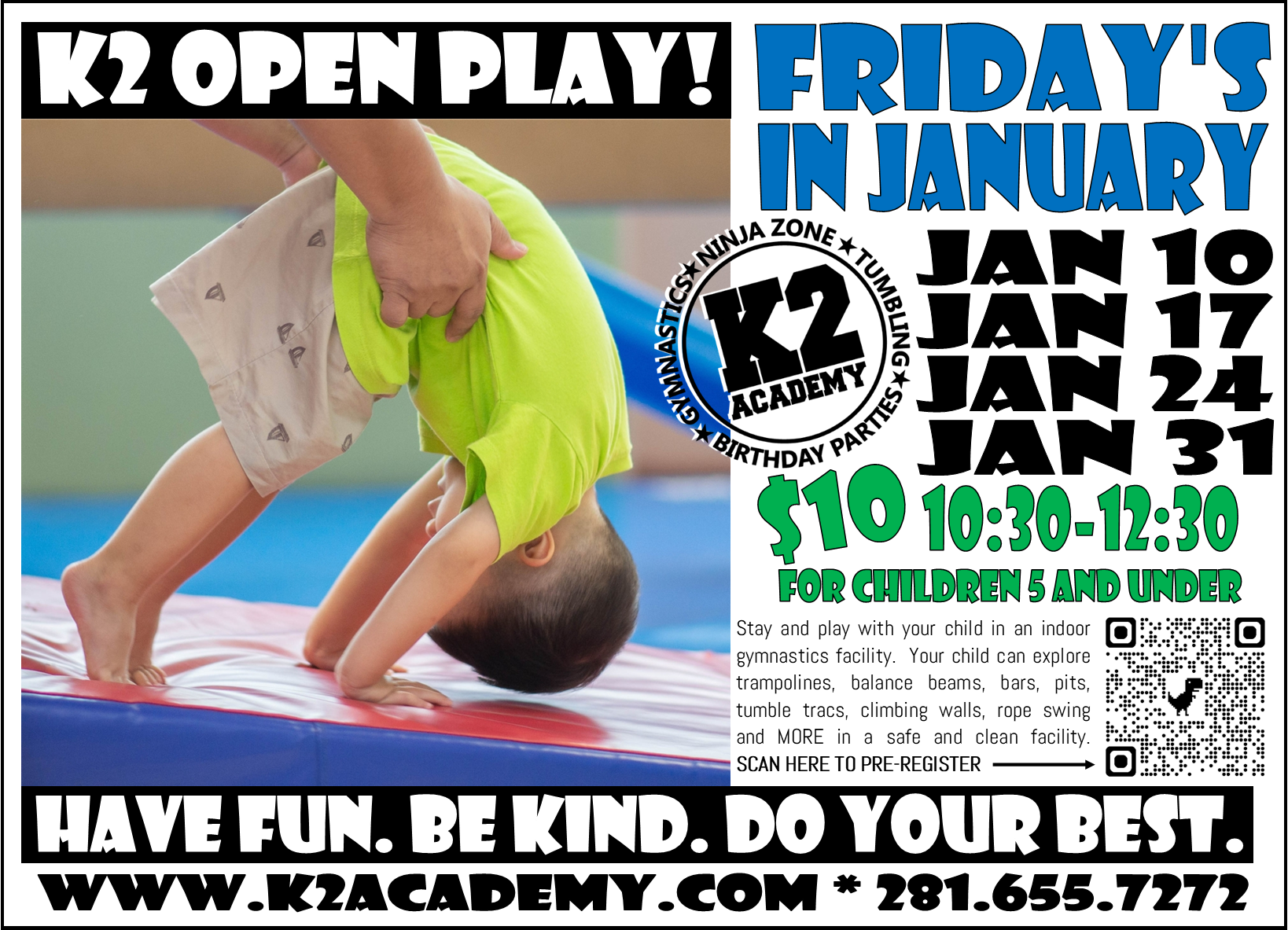Kids Love Repetition

Kids Love Repetition

Is it Go Dog Go or Bear Snores On? Or maybe a different book all together? All families have the books they have memorized because of the repeated number of times their child has said, “Read it again!” This constant repetition is also seen in other scenarios, sometimes with an action that makes your child laugh, in watching them perform a newly learned trick, or playing an imaginative scene with their favorite toys. The fact is, repetition is crucial to a child’s development. According to parents.com, “so much is new and overwhelming for a toddler, but repeating an activity helps her learn what to expect.” The article goes on to assert that repetition is actually “empowering” for our children.
Repetition in Academics

In academic or learning based situations, like reading, singing nursery songs, or in memorization, repetition comes, not only in frequency, but in patterning within the lessons themselves. Some of the most popular children’s books and songs follow a pattern that is subtly changed each verse or page. This subtle change is the variance kids are looking for in repetition. Adults may see the dozens of repeated activities as being the exact same, but children are learning about those slight changes each time. Their brains are learning that sometimes situations are the same and sometimes they vary. Several studies, sited in psychologytoday.com discuss the importance of repetition in learning, with children vastly retaining information and knowledge when repetition occurred multiple times, instead of just a couple.
Repetition in Activity

The number of skills a child masters in their first years of life are nothing short of impressive. Within five years, an individual goes from instinctual reflexes to a running, talking, playing, and learning kindergartener. Repetition is their way of practicing and learning new skills and developing what they need to reach new milestones. Their muscles, joints, neural pathways, and brain are wiring together to learn how to accomplish what adults do effortlessly. The trial and error of learning a new skill trains their bodies what does and doesn’t work. Then, once the physical skill is accomplished, the repetition trains their bodies to perform that task easily.
Breaking the Tedium

How do we help our children learn with repetition? While children crave the repeated activities, because they are looking for variances, purposefully find ways to tweak and alter each occurrence. Read books in different voices, pitches, or in different singing styles. Once a child has mastered an activity, like a puzzle or lining up blocks, have them do it in a certain order (like by color) or time them in a race. If there is something that makes them laugh, try doing it in a different way or have them do the action to see if they can mimic what happened. And, if all else fails, tell them you will happily read them another book or sing them another song, but they have to choose a different one!
K2 Academy & K2 Campus provide the opportunity for students to learn new and repeated activities everyday in both our preschool and gymnastics programs. We are proud of our students and enjoy the chance to watch them have fun, be kind, and do their best!
https://www.parents.com/toddlers-preschoolers/development/behavioral/why-toddlers-love-repetition/
The post Kids Love Repetition appeared first on K2 Academy.











